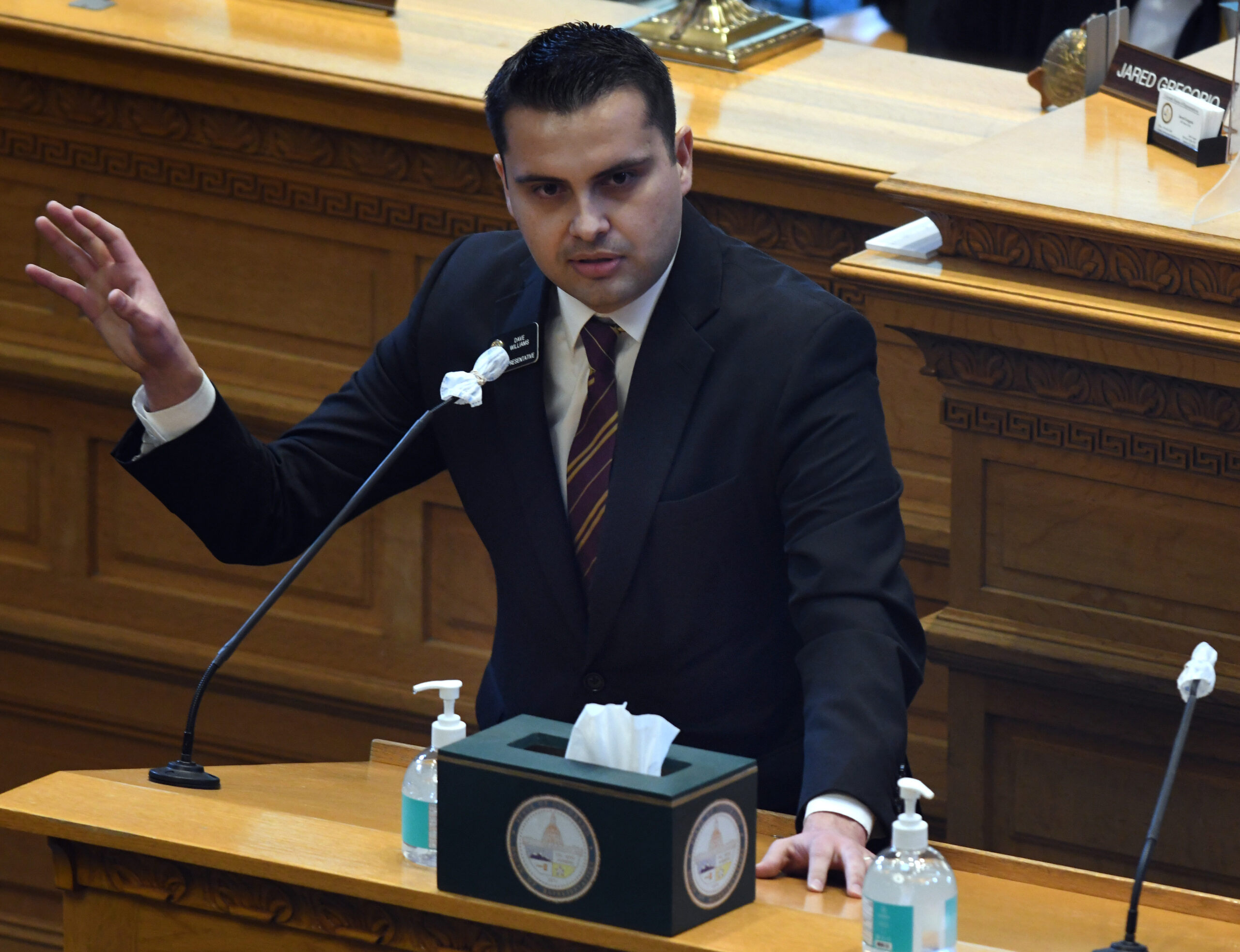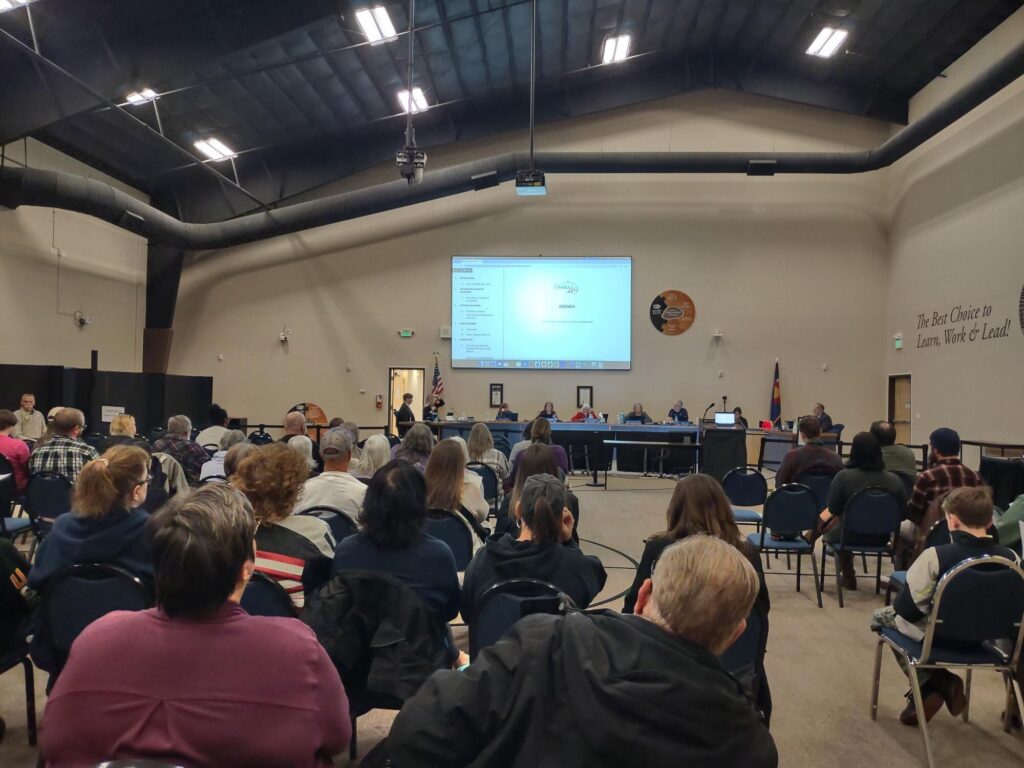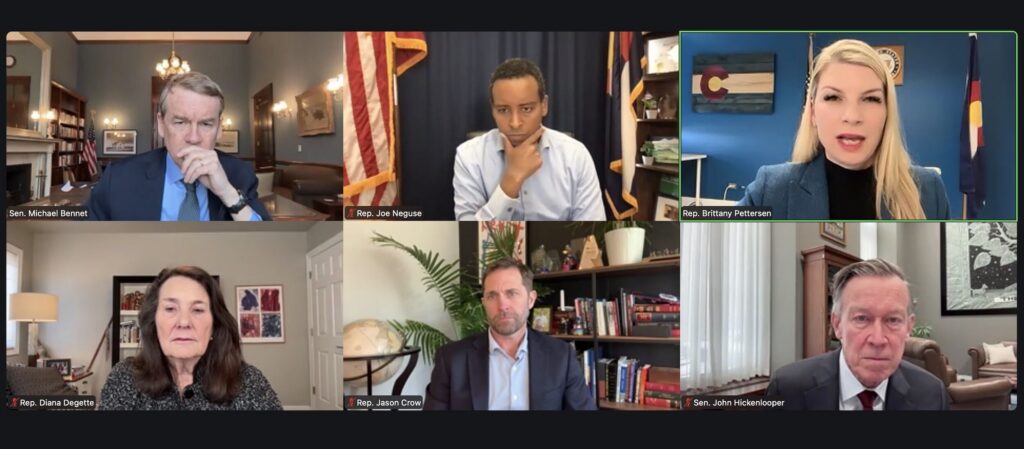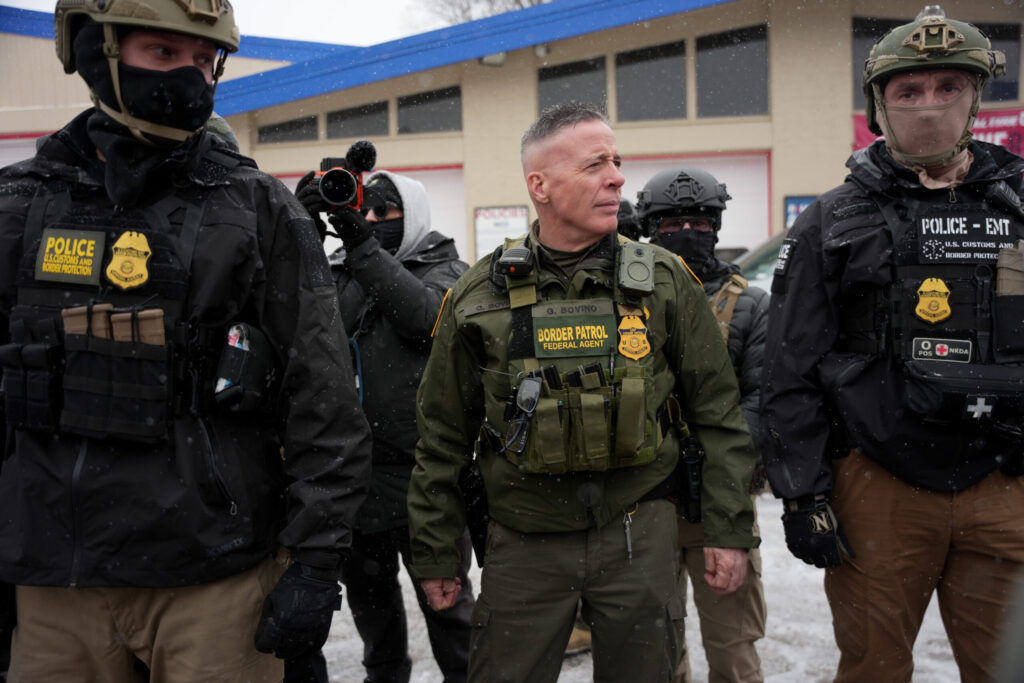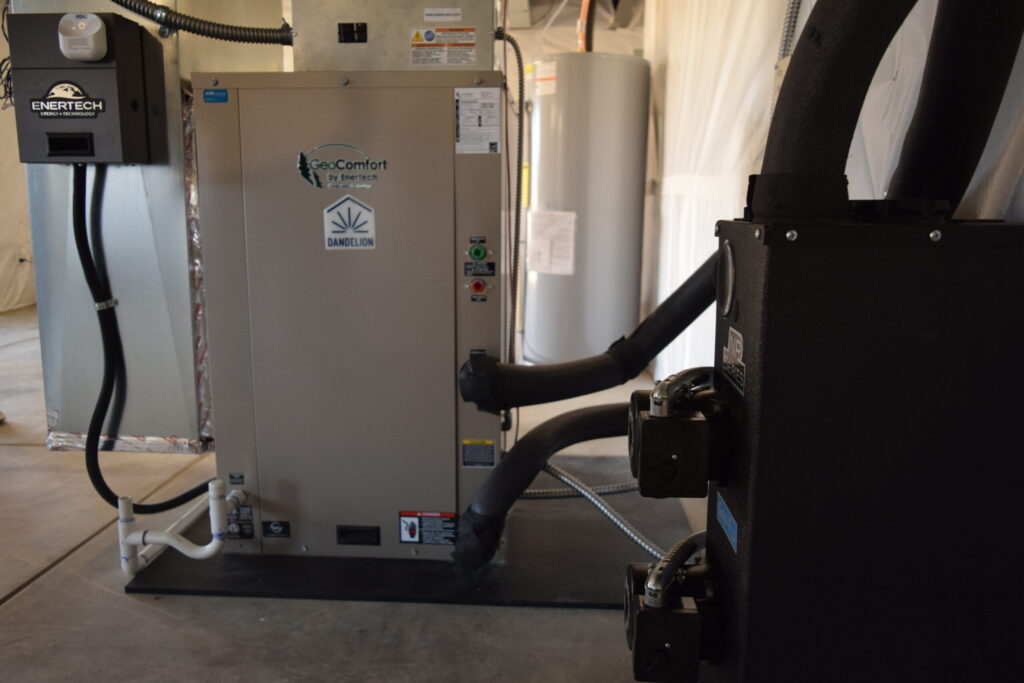FOCUS ON THE SPRINGS | Williams’ vacancy committee expansion signed into law

The number of people in charge of filling vacant seats in the Colorado legislature will soon expand, thanks to a bill led by Colorado Springs Republican Rep. Dave Williams.
Gov. Jared Polis signed Williams’ bill, House Bill 1044, into law on Tuesday. The bill is set to take effect in August, increasing the minimum amount of people required to sit on vacancy committees tasked with choosing replacements for lawmakers who step down before finishing their terms.
Under the current system, Colorado’s vacancy committees are formed by each House and Senate district’s partisan central committee. While the central committees are made up of dozens of members, they can make their vacancy committees any size. This sometimes results in as few as three people choosing a lawmaker to represent tens of thousands of Coloradans.
“If we have more votes and more eyes on this, the better outcomes we’ll have,” Williams said. “The system that we have currently in place could potentially lend itself to allowing party insiders (to control appointments), or a process that’s not quite fair to occur.”
Williams’ bill requires vacancy committees to consist of all of the members of the central committee, at a minimum.
More than one-quarter of current Colorado senators and nearly one-fifth of state representatives were first elected through vacancy committees, the Colorado Sun reported. In 2018, Colorado was one of only five states to use vacancy committees to fill empty seats, with most other states using special elections or governor appointments.
The bill was approved by the state House in a 46-18 vote in February, and by the Senate in a 22-11 vote in March.
“If you don’t like the bill, you want to block more people voting for their representative,” said Rep. Shane Sandridge, R-Colorado Springs, who was elected by a vacancy committee of around 40 people. “If you want a representative sample, you increase the sample. … If you have three people voting on their representative of 100,000, it’s not very representative.”
Though the bipartisan-sponsored bill has support and opposition from both sides of the aisle, most Republican lawmakers voted against it and most Democrats voted in support. Of the 29 total opponents to the bill, 25 were Republican and four were Democrats.
Greenwood Village Democrat Sen. Jeff Bridges, the bill’s other sponsor, said Williams came up with the bill because of “abuses he saw on his own side of the aisle” during vacancy elections. In 2019, a six-member vacancy committee appointed Rep. Perry Will, R-New Castle, to represent his district of more than 80,000 people. Will voted against Williams’ bill on the floor.
Many Republican opponents to the bill said it would infringe on local control. Senate Minority Leader Chris Holbert said his district already uses a similar process for its vacancy committees, but he doesn’t want to force other districts to do the same.
“I probably need to look at this as a matter of local control,” Holbert, R-Douglas County, said. “When we elect people to come here to the general assembly, that is purely local control and if your communities want to do it differently than I, that probably needs to be okay with me.”
This is Williams’ first bill this session to be signed into law. He is prime sponsor of seven bills this year, four of which were killed in committee and two that are still being considered.
